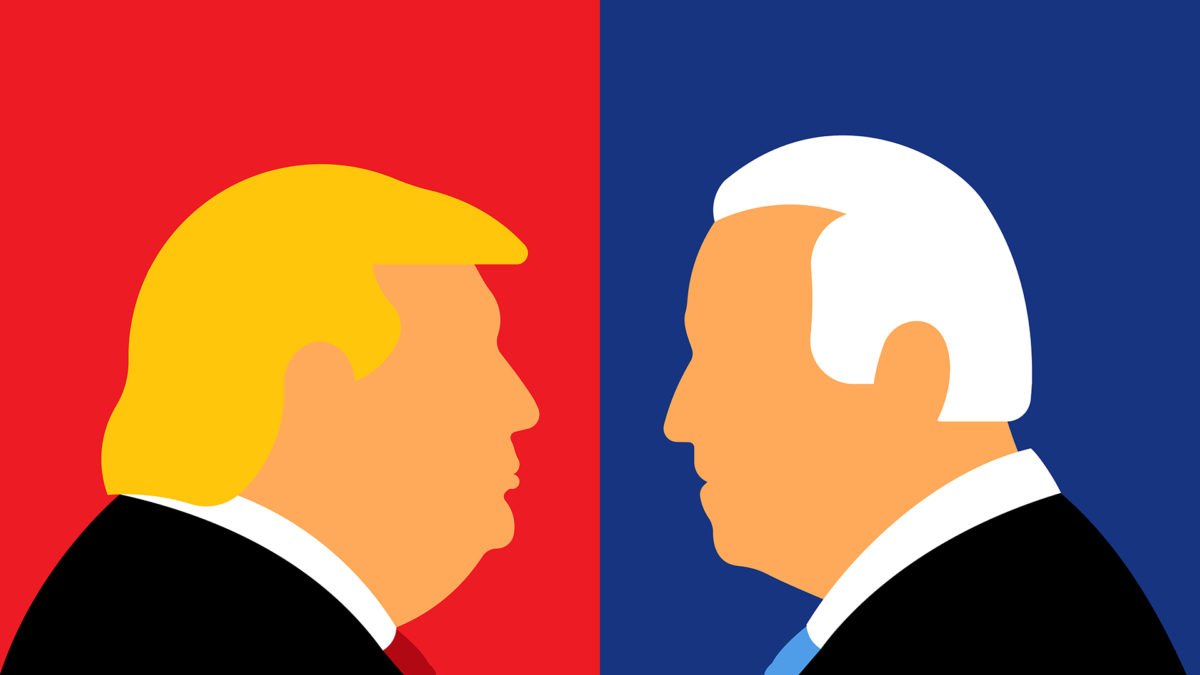I feel like recently I’ve gone back to longer headlines. Eh. I guess I have a bunch to say.
Here’s a story I’ve told on this blog, and social media, a couple of times: back in 2018, when Brett Kavanaugh was going through his Supreme Court process, I knew about five women who were posting constantly about it, often claiming their life “was over” if he got on the court. One even said in an IG Stories post that she’d “end it,” which seems drastic and dire. Well, Kav got on the court. He hasn’t been perfect — no human is — but he’s been mostly OK, if too conservative on some things. Those five women? Three actually had babies. I haven’t seen a single post about politics or justice since. Bunch of babies in zebra outfits, though. Life priorities changed, as they often do, and that’s OK.
This election is consequential. Is it a “battle for our soul?” No, I don’t think that’s true. I also think we don’t focus enough on local elections, including District Attorney, ballot measures, School Board, and the like. Those things have more direct impact on your life than who the President is. Now, you go on social media and you say that, and instantly everyone tells you “You’re not a woman and you don’t know!” or “These guys have the nuke codes, believe me it’s consequential!” I get it. It matters.
But your day-to-day life will go on.
Read this New Yorker article about Republican strategy after Trump a few days ago, and while I am not a fan of Marco Rubio and how he rolled over for Trump almost entirely, this quote is pretty good:
For the past twenty years, Rubio said, the left has argued that coalitions tend to form around race, gender, and ethnicity: “I lived in a minority community. I don’t think we’d wake up in the morning and the first thing we’d realize is ‘I’m a Hispanic.’ The first thing that comes to mind for people every single day is not your ethnicity, it’s the fact that you’re a husband or a wife, a father or a mother, an employee, a volunteer or a coach—somebody who has a role to play.” He continued, “They want to have a job that allows them to have children, to raise that family in a safe neighborhood, with a house that’s safe, that the kids get to go to school, and that, when the time comes, lets them retire. You can find that identity in every community in America.”
And this, from today in New York Times:
It can begin with a simple question, asked in little moments of decision: “Given my role here, what should I be doing?” As a parent or a neighbor, a pastor or a congregant, an employer or an employee, a teacher or a student, a legislator or a citizen, how should I act in this situation? We ask that question to recover relational responsibility.
These are the things people ultimately come to care about, and what shapes the hour-by-hour of their life — being a mom, a dad, a neighbor, a churchgoer, whatever.
This is a big one, but it’s not your entire life.
